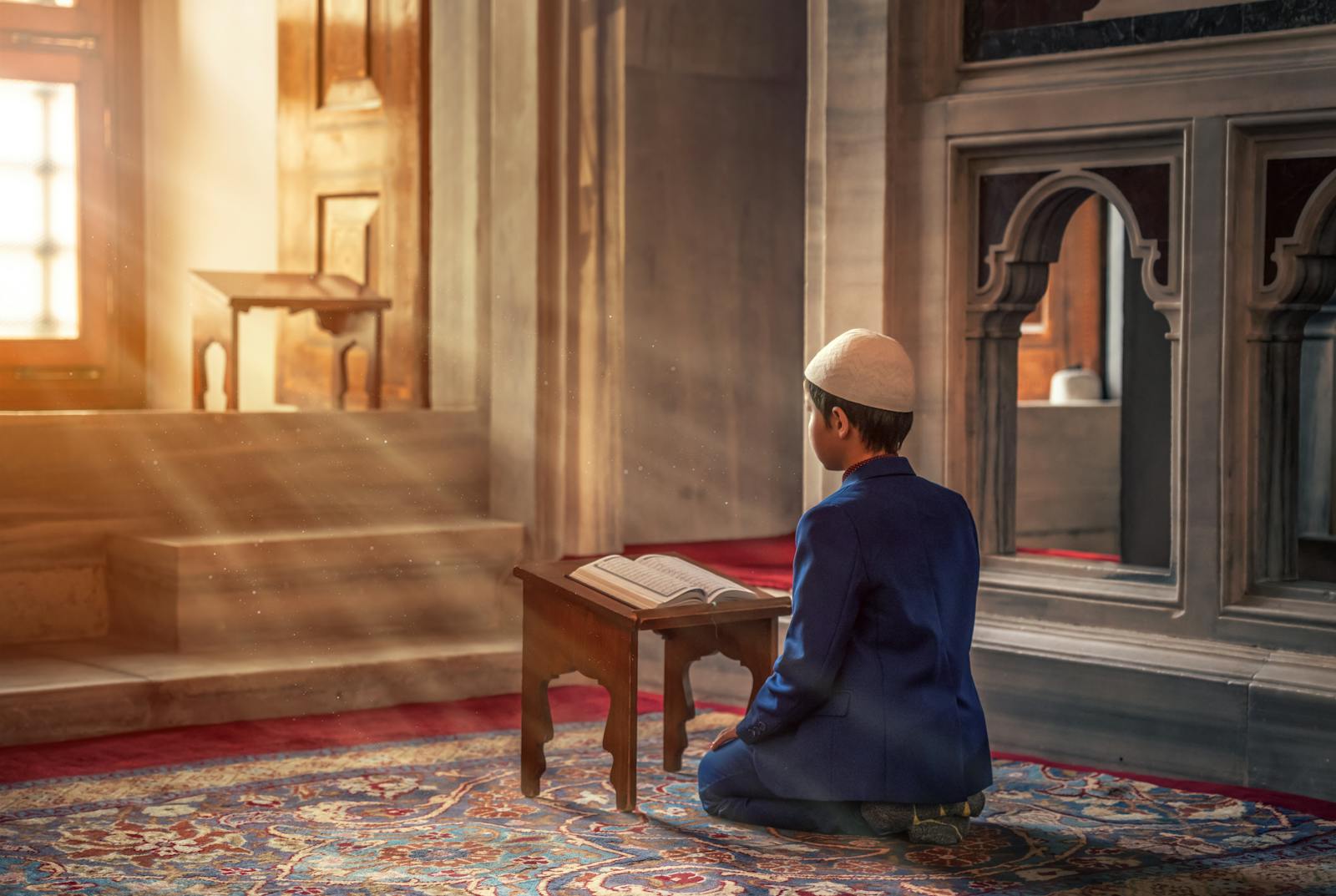
Living an Islamic lifestyle means following Islamic values that guide a Muslim’s character, actions, and decisions. The Quran and the teachings of the Prophet Muhammad (PBUH) provide a framework for faith, patience, honesty, and gratitude, forming the foundation of strong moral character. This page explores how Islamic Religious Education helps in building character, developing virtues, and integrating Islamic principles into everyday life.
An Islamic lifestyle is not just about religious rituals; it is a comprehensive way of living that promotes spiritual growth, ethical behavior, and a balanced life. It emphasizes compassion, forgiveness, and gratitude, shaping a Muslim’s character in both personal and social aspects.
A Muslim’s character reflects their faith and beliefs. Islamic values shape personal integrity, relationships, and social responsibilities.
Islamic education plays a crucial role in teaching morals and ethics. It helps individuals:
Islamic values guide Muslims in their personal and social lives. Key character traits include:
Forgiveness (Afw): Letting go of anger and resentment.
Islamic psychology focuses on the soul’s well-being and self-improvement. Through faith and positive psychology, a Muslim can achieve mental peace and emotional balance.
Many Muslims face challenges in balancing their faith and modern life. Islamic lifestyle solutions help in:
A strong Islamic foundation helps children grow into responsible, ethical individuals. Parents play a vital role in:
At The Quran Education, we offer specialized courses that focus on:
